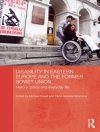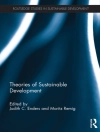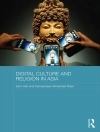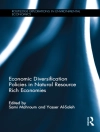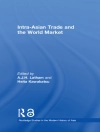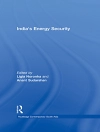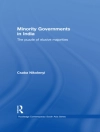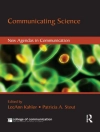In the past fifty years statisticians and methodologists in the social sciences have developed and refined a family of closely related statistical methods for the study of social phenomena. While the value of such methods of analysis is universally acknowledged, their use has never been wholly uncontroversial. In 1993 prominent scholars from a variety of disciplines (social sciences, statistics, philosophy of science) gathered at the University of Notre Dame to debate whether causal modeling techniques old or new can really justify the drawing of causal conclusions on the basis of correlational statistical data. The resulting volume from that groundbreaking conference is Causality in Crisis? a comprehensive and sophisticated introduction to perhaps the most important set of issues confronting social scientific researchers in the 1990s and beyond.
In the essays presented here contributors critically reassess the widely accepted view that statistical methods of analysis can and do yield causal understanding of social phenomena. Although a number of technical issues receive attention, the overall emphasis is on the larger historical, philosophical, and conceptual perspectives that underlie and inform current methodological controversies.
The debates in Causality in Crisis? have far-ranging implications, for on their resolution hinges the question of what sort of knowledge of social life it is possible to achieve on the basis of non-experimental social scientific research. Any scholar who makes use of causal methods, as well as all who are affected by decisions reached on the basis of such methods, will have a stake in the challenging arguments put forth in this volume.
Про автора
Stephen P. Turner is a Distinguished Professor of Philosophy at the University of South Florida.


